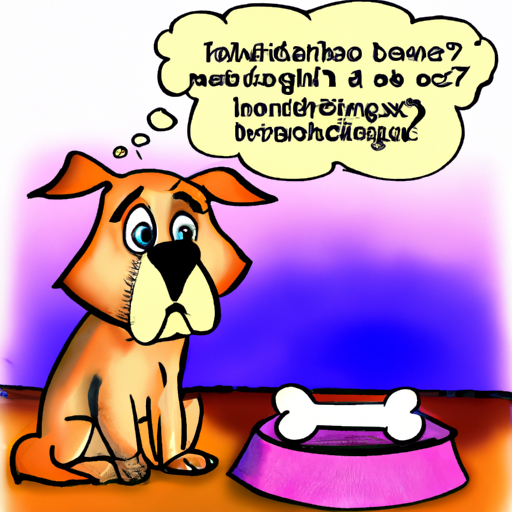Introduction
You’re a dedicated and loving pet parent, and your dog is more than just a pet; they’re a part of your family. So, when your dog suddenly loses their appetite, it can be deeply concerning. You might ask yourself, “Why won’t my dog eat?” This guide will take you through the reasons why your dog might be refusing food, along with possible solutions and when to consult a vet.
1. Medical Reasons
Sometimes, the reason why your dog won’t eat is due to underlying medical issues. Here are some possibilities:
- Dental Problems: If your dog is experiencing tooth pain or gum disease, eating can become a painful process. Regular dental check-ups are crucial in preventing these issues.
- Digestive Issues: Conditions like pancreatitis, kidney disease, or liver problems can cause loss of appetite in dogs. These conditions often come with other symptoms like vomiting or diarrhea.
- Infections or Illness: Just like humans, dogs might lose their appetite when they’re feeling unwell. This could be due to anything from a simple cold to more serious illnesses like cancer.
| Medical Issue | Symptoms |
|---|---|
| Dental Problems | Bad breath, tooth sensitivity, bleeding gums |
| Digestive Issues | Vomiting, diarrhea, loss of appetite |
| Infections/Illness | Fever, lethargy, loss of appetite |
If your dog refuses to eat and shows other signs of illness, it’s important to consult your vet immediately.
2. Behavioral Reasons
Your dog might refuse to eat not because of any physical ailment, but due to behavioral reasons. Some possible issues include:
- Stress or Anxiety: Changes in surroundings or routines can stress your dog out, affecting their eating habits.
- Picky Eater: Some dogs are just finicky about their food. They might refuse food they don’t like or if they’re used to more appealing human food.
- Feeding Routine Changes: Dogs thrive on routine. Changing feeding times can disrupt their appetite.
3. Ways to Encourage Eating
If your dog is healthy but just doesn’t seem interested in food, here are some strategies you can try:
- Warm the Food: Warming up your dog’s food can make it more aromatic and enticing.
- Change the Food: Try switching to a different brand or flavor of food. Make sure to transition gradually to avoid upsetting your dog’s stomach.
- Hand Feeding: Sometimes, your dog just needs a little encouragement. Hand feeding can help them regain interest in their food.
4. When to Consult a Vet
It’s crucial to consult a vet if:
- Your dog hasn’t eaten for more than 24 hours.
- Your dog is losing weight rapidly.
- Your dog is showing other signs of illness along with loss of appetite.
FAQ
Q: How long can a dog go without eating?
A: Generally, a healthy dog can go without eating for two to three days. However, if your dog refuses to eat for more than 24 hours, it’s best to consult a vet.
Q: Can stress cause a dog to stop eating?
A: Yes, stress or anxiety can cause a dog to lose their appetite. Changes in surroundings or routines can be stressful for dogs.
Q: What can I feed my dog if they refuse their usual food?
A: You can try warming up their food, switching to a different brand or flavor, or hand feeding them. If these methods don’t work, it’s best to consult a vet.
Q: When should I get worried about my dog not eating?
A: If your dog hasn’t eaten for more than 24 hours or is showing other signs of illness, you should consult a vet immediately.
Your love and care for your dog are evident in every action you take. Unearthing the reasons behind their refusal to eat and seeking solutions shows your dedication. Remember, it’s always better to consult with a vet if you’re unsure about your dog’s health.



